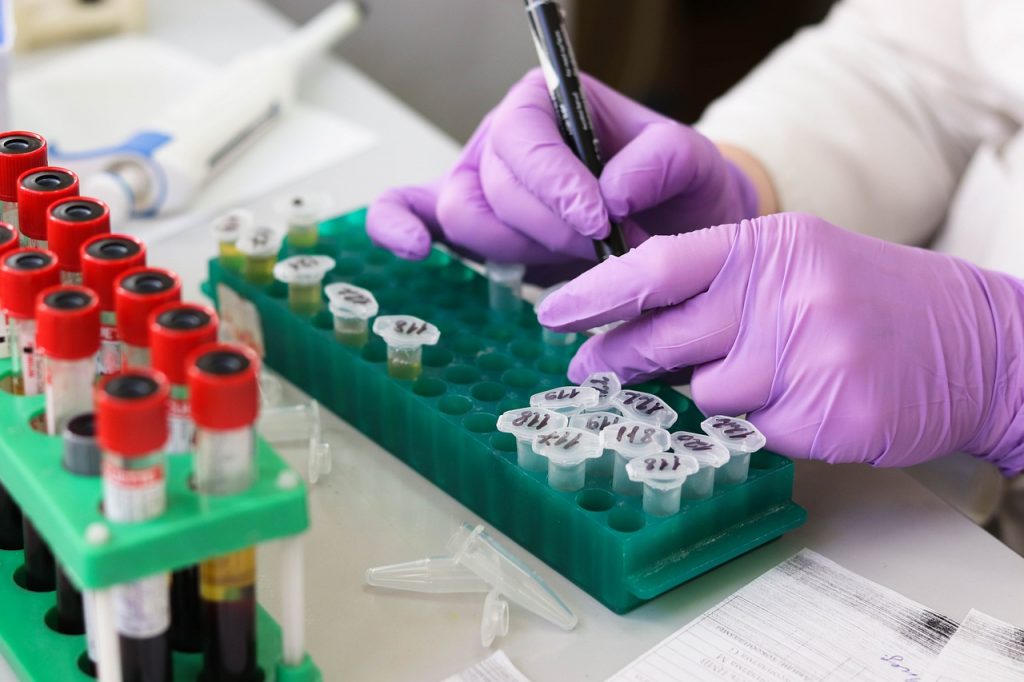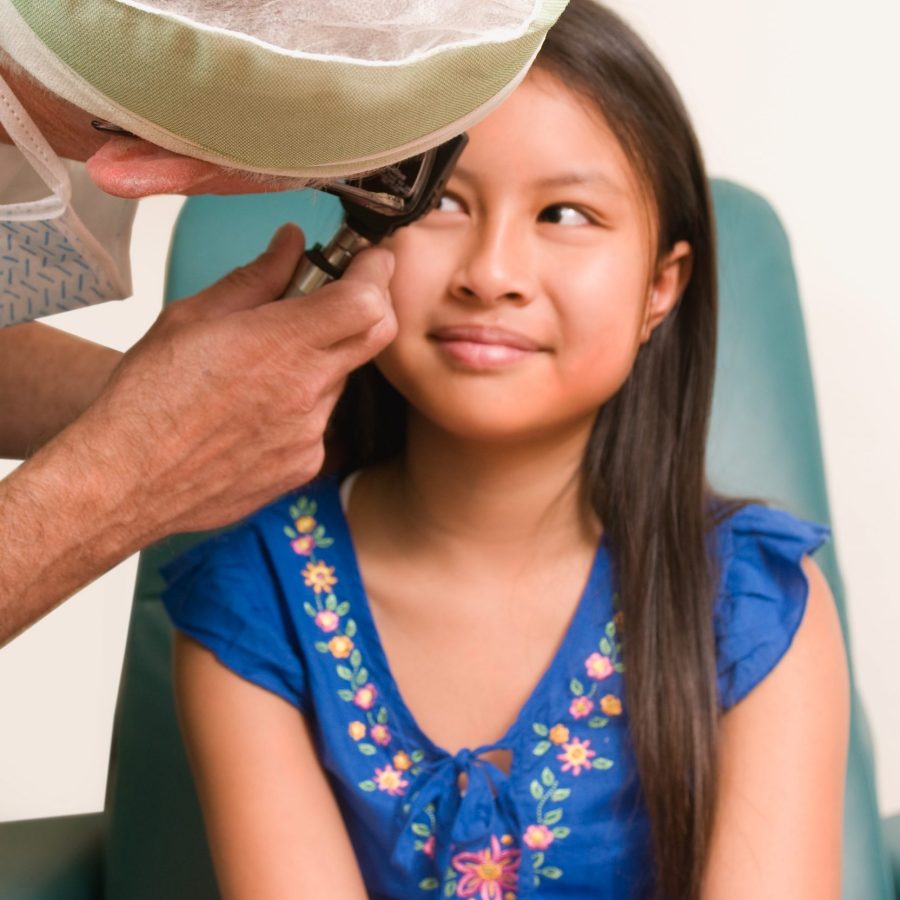Loeys-Dietz Syndrome Research

Loeys-Dietz syndrome (LDS) research is essential. Research helps families to receive an early and accurate diagnosis and helps medical practitioners provide patients with care that is effective, high-quality, and individualized.
The Foundation funds and supports LDS research through the LEAP Impact Award granting program, GRIP database, CAN-ACT registry, and other initiatives.
Are you a researcher?
Loeys-Dietz Syndrome Clinical Trials
There are a growing number of clinical research projects and clinical trials on Loeys-Dietz syndrome. Study topics include immunology, genetics, food allergies, surgery, aneurysm prediction, and more. Clinical trials can be an exciting opportunity for researchers to observe and learn about people with LDS as well as to evaluate the safety and power of new treatments and services.
Are you wondering how to join a clinical trial? If you are interested in participating, click on one of the above trials, find the contact section, and send an email expressing your interest. Before joining, please speak with your medical professional and read about the pros and cons of participating in a clinical trial.
Studies that are recruiting or soon to be recruiting:
- Immune system manifestations of LDS
- Genetics and natural history (progression) of food allergies
- Aortic disease prevalence and surgery in Scotland
- Genetics of aortic conditions
- Devices used in surgical repair of aneurysms
Studies that are completed:

Research Studies on Loeys-Dietz Syndrome
Through the Foundation’s LEAP Impact Award, researchers are currently investigating important gaps in Loeys-Dietz syndrome knowledge, including:
- Aortic and vascular responses to exercise in children
- Molecular biology of bone malformation
- Psychological and socioeconomic impacts of HTAD
- Cardiac magnetic resonance imaging biomarkers of heart health
Research Papers on Loeys-Dietz Syndrome
We are committed to education and open-source access to information.
Once the LEAP Impact Award projects are completed, we will be sharing each Loeys-Dietz syndrome (LDS) research paper on our website.

Types of Research
There are three main types of medical research: basic, translational, and clinical.
Basic research focuses on how or why something functions. It often occurs in a laboratory and explores the molecules and structures of cells. For example, a researcher studying LDS might try to find out where and how an LDS-causing mutation occurs in the TGFB2 gene.
Translational research bridges the gap between basic research (in a laboratory) and clinical research (in humans). For example, if a basic researcher identifies an LDS-causing mutation, a translational researcher could explore how different drugs or methods are able to counter the effect of the mutation. If their research is successful in cells, tissue samples, or animals, then the research might advance to a clinical trial.
Additionally, translational research connects clinical studies to real life. For example, a translational researcher could study how real-world medical professionals can use information or interventions from a clinical trial.
Clinical research and clinical trials involve people and can be observational or interventional.
Interventional studies introduce a change or intervention to research participants and evaluate the intervention’s impact, safety, and effectiveness. Interventions include medical treatments, behavioral modifications, services, and more.
Observational studies do not provide an intervention. Instead, they observe and gather information through surveys and medical examinations or tests.
How is a clinical trial planned and carried out? Research Institute of the McGill University Health Centre. (n.d.). Retrieved October 11, 2022, from https://rimuhc.ca/where-do-the-ideas-for-trials-come-from
Röhrig, B., Prel, J.-B. du, Wachtlin, D., & Blettner, M. (2009). Types of Study in Medical Research. Deutsches Ärzteblatt International. https://doi.org/10.3238/arztebl.2009.0262
Springer Nature Limited. (n.d.). Medical research. Nature Portfolio. Retrieved October 11, 2022, from https://www.nature.com/subjects/medical-research
U.S. Department of Health and Human Services. (2020, April 9). What are clinical trials and studies? National Institute on Aging. Retrieved October 11, 2022, from https://www.nia.nih.gov/health/what-are-clinical-trials-and-studies
Wilson, K., Bell, C., Wilson, L., & Witteman, H. (2018). Agile Research to complement agile development: A proposal for an mhealth research lifecycle. Npj Digital Medicine, 1(1). https://doi.org/10.1038/s41746-018-0053-1
